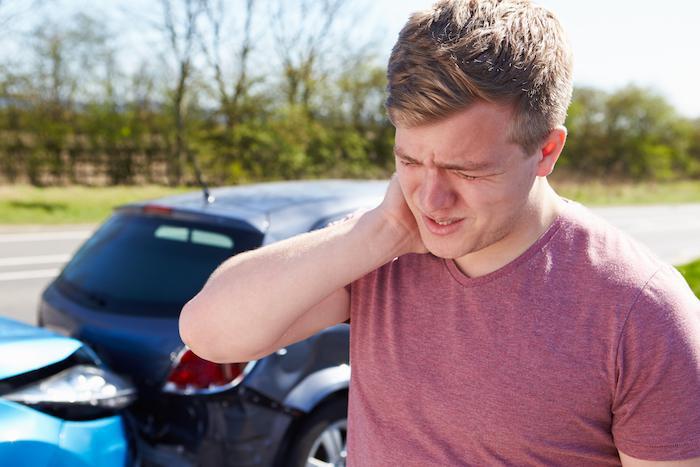After a vehicle crash, you can contact a physician in response to certain injuries and symptoms, but it’s also customary to do so before the onset of symptoms. In this scenario, your Roswell motor vehicle accident injury specialist will do a comprehensive evaluation to determine where you might have sustained injuries but gone undetected. These experts have the skills to recognize common injuries and illnesses, even if the victim is yet to report symptoms. Read on to learn what to expect at your first consultation and what injuries your doctor might examine for.
What Happens During The Diagnostic Process?
Most appointments with auto injury specialists start with discussing the patient’s health history and present state. In most cases, this visit typically includes how and why your crash occurred. Understanding your concerns, lifestyle, and any pre-existing injuries or health concerns will guide your assessment and determine what is and isn’t connected to your accident.
After reviewing your health history, your doctor usually does a physical exam. Suppose your doctor thinks you’ve sustained certain injuries, they will request you perform specific tasks or motions to observe how your body reacts. If another illness is identified, you may be up for advanced diagnostic imaging, such as an MRI, X-ray, or CT scan, to obtain a clearer picture of your inside health. This information will assist in reaching a diagnosis and establishing an all-encompassing care plan.
What Are The Common Vehicle Crash Injuries?
While a physician specializing in vehicle injuries will perform a comprehensive examination, there are several conditions and injuries they’ll be on the lookout for, including:
v External Injuries
External injuries include bruises, road rash, cuts, and burns. While you might have discovered these injuries by yourself, your physician will want to assess them to check the extent of the injury and identify the causal factors.
v Soft-Tissue Injuries
Soft tissue injuries include tears, strains, and sprains that affect the ligaments, muscles, and tendons. These concerns frequently occur due to the rapid and unusual movements of the body during impact. One of the most typical occurrences is a strain in the neck tissue, often known as whiplash.
v Back Injuries
In a car accident, the spine is prone to various injuries due to its complexity. Herniated discs are a typical example wherein the fragile, gelatinous discs between the vertebrae rupture or get displaced, causing discomfort and other potential complications.
v Traumatic Brain Injuries
A traumatic brain injury can occur from any head trauma. In vehicle collisions, this injury implies that the patient’s head contacted a vehicle component. However, a TBI is also likely if the brain becomes jostled so violently that it strikes against the skull. While mild traumatic brain injuries like concussions respond well to treatment, more serious types of brain injuries also require special medical attention.
v Fractures or Broken Bones
Fractured legs and arms are likely in vehicle collisions, especially if you use them to ward against impact or if they become buried beneath a collapsed dashboard. Sadly, minor fractures could go undetected. Therefore, x-rays and other imaging techniques are necessary to rule out these problems before they escalate.
Whether or not you suffer noticeable injuries or symptoms, a visit to your doctor following a car accident is imminent. Instead of concentrating on a specific injury or body part, APEX Spine and Neurosurgery experts examine a range of common vehicle accident concerns and develop individualized care regimens. Call the Bethlehem or Roswell, GA office to arrange an appointment to discuss your concerns today.





